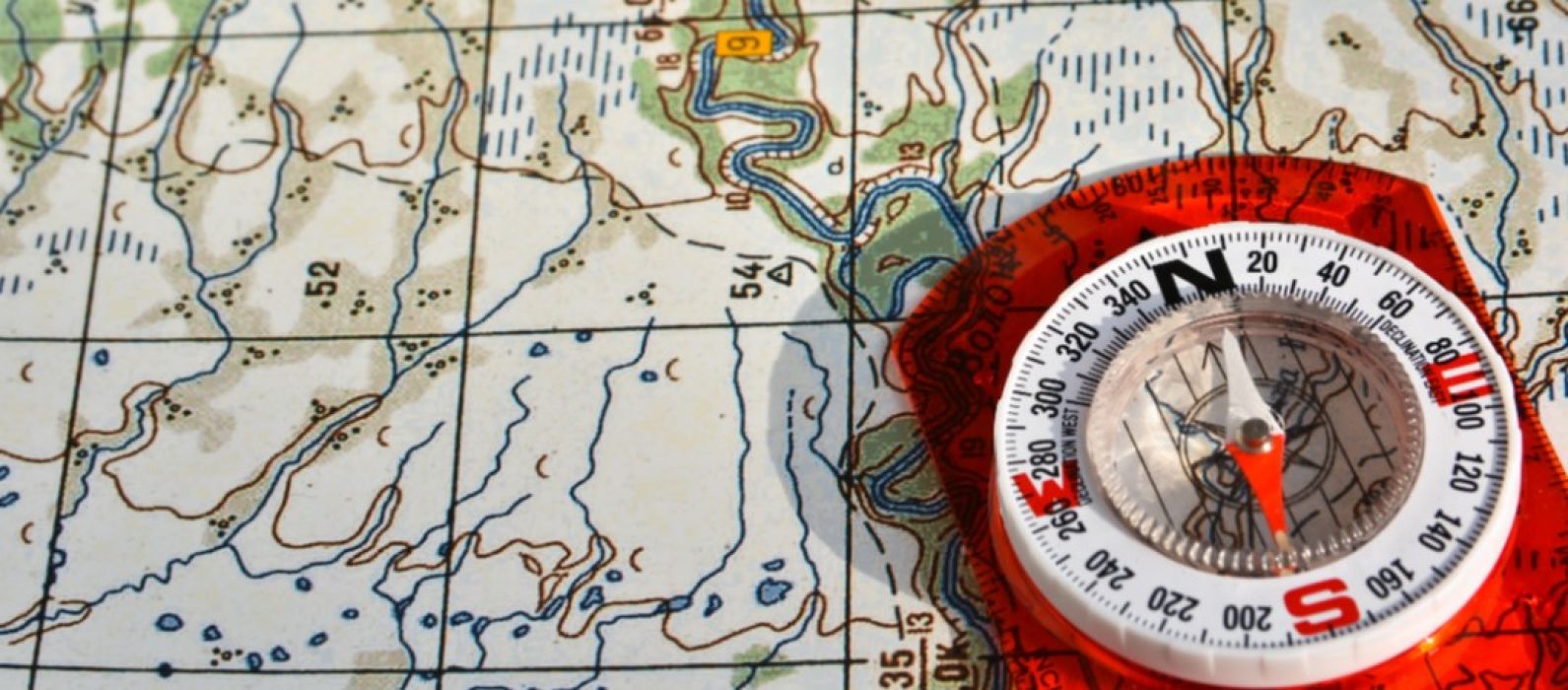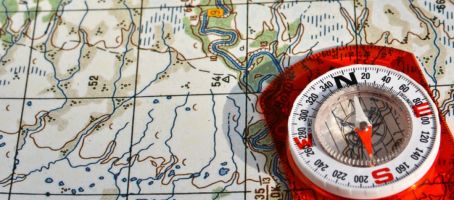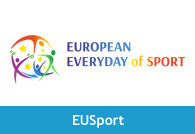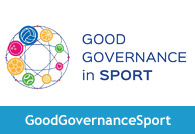NEWS

BSDA IS PARTNER IN ORIENT PROJECT


22.01.2021
ORIENT will promote the involvement of young people in outdoor activities based on orienteering. ORIENT addresses the priority “encourage social inclusion and equal opportunities in sport” by developing a set of innovative outputs in order to:
- 1) Include vulnerable young people, at risk of social exclusion or socially excluded, in sport activities at community level;
- 2) Equip sport trainers, as well as sport associations and workers from Civil Society Organizations (CSOs) working in the field of social inclusion with tools to promote the participation of vulnerable young people in the local community through grassroots sport (Orienteering).
ORIENT will adopt a multi-stakeholder approach, boosting cooperation among stakeholders (e.g. sport trainers with technical experience in sport, but also representatives from local CSOs working to promote social inclusion). ORIENT will promote the involvement of young people in outdoor activities based on orienteering. All participants will be involved on the basis of equal opportunities and treatment. The action will encourage social inclusion in and through sport in 6 countries (Italy, Bulgaria, Austria, Greece, Bosnia-Herzegovina and Cyprus), by developing innovative outputs and resources, transferable to different countries and contexts.
Based on recent EUROSTAT data, 22.4 % of the population across the EU is at risk of poverty or social exclusion. In Italy, over one in four people are at risk of poverty or social exclusion, with 28.9% of the population belonging in this category. Bulgaria on a similar note scored the highest percentage of all EU member states on the topic, with 38.9% of the entire population. Comparatively, countries such as Greece (34.8%), Croatia (26.4%), and Cyprus (25.2%) share the same risks, although to a different extent. In all EU countries involved in the ORIENT project partnership, the percentage of people at risk of social exclusion is higher than the EU average.
The general objective of the project is to promote social inclusion of vulnerable young people by enhancing trainers and CSOs’ workers skills in using orienteering as a tool for strengthening social ties.
The project pursues the following specific objectives:
- 1) Promoting social inclusion and participation of vulnerable young people and other local community members by using orienteering as a multi-goal activity;
- 2) Enhancing sport trainers’, and Civil Society Organisations’ workers abilities to foster social inclusion at local level by using orienteering as a grassroot sport able to encourage participation and ownership of shared values;
- 3) Raising awareness among local communities, stakeholders and policy-makers of the value of sport as a tool for inclusion in order to foster solidarity and participation as well as cohesion and inclusion policies.
Innovative aspects of ORIENT Project are:
The project promotes a number of innovation features, namely:
- 1) ORIENT will propose an approach based on the use of orienteering as a means to enhance social inclusion by creating concrete opportunities for vulnerable young people to work as a team;
- 2) The choice of orienteering as a grass-root initiative able to enhance the connection between the members of a same community, both in rural and urban environments, is itself a significant innovation feature;
- 3) The whole ORIENT project fosters participative and co-creative approaches involving the target groups directly in face-to-face education and sport activities;
- 4) The involvement of both sport trainers and CSOs’ workers together with the set up of local ORIENT networks (T5.1) in the project also represents an innovative feature: indeed the two groups will be able to exchange their respective knowledge (i.e. technical knowledge on sport and know-how on tackling social exclusion at local level), becoming complementary to one another.
Intellectual outputs of the project:
- 1) Output number 1: ORIENT Anthology: a collection of inspiring good practices, tools and methodologies using orienteering for social inclusion- The anthology will provide evidence of the effectiveness of orienteering as a sport able to enhance social inclusion, while centralising in a single document a selection of interesting good practices, tools and methodologies which proved to be successful when working with vulnerable young people, taking care of their individual learning and social inclusion in a group setting.
- 2) Output numer 2: ORIENT Curriculum: The ORIENT curriculum will have a two-level impact on the project targets: on the one hand, it will represent a complete training resource for sport trainers and CSOs’ workers, providing practical knowledge on how to promote orienteering-based activities to foster social inclusion and how to work with vulnerable young people.
- 3) Output numer 3: GEARs & IDEAs: a toolbox for orienteering routes - The toolbox is expected to positively impact on the motivation of the vulnerable young people who will participate in the ORIENT activities, as it will provide them with a simple step-by-step guideline on the core elements they need to learn to play orienteering, combined with a kit of tangible materials made available for free and that can be re-use for practicing orienteering.
- 4) Output number 4: ORIENT Compendium “routes to inclusion” - The compendium will be a key element allowing to reiterate the experience made within the project and to inspire the arrangement of new local activities following the same route. It will serve the purpose of validating the effectiveness of the ORIENT approach, promoting its adoption by more and more sport and civil society organizations beyond the project lifetime.
- 5) Output number 5: ORIENT Manifesto - The output will ensure a better alignment in between the needs of the communities in the countries involved and the policy response at local level, especially in the field of sport initiatives fostering social inclusion.
ORIENT project is co-funded by the Erasmus+ programme of the European Union.

 Български
Български
































